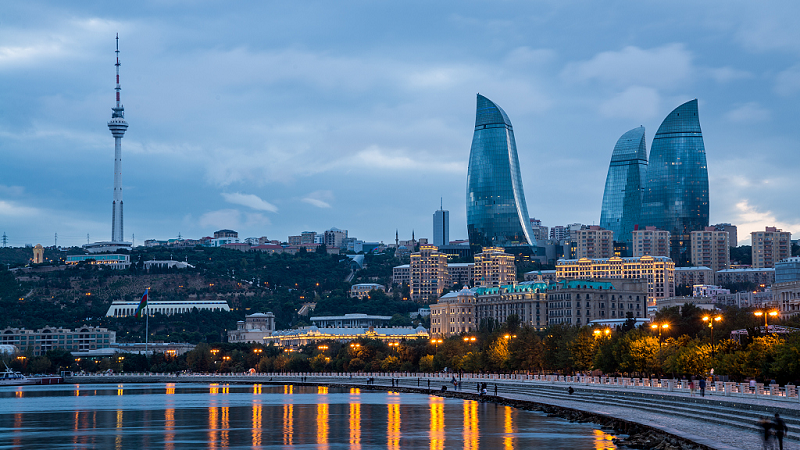
Azerbaijan a Land of Economic Opportunities
Pakistan`s National Herald Tribune newspaper has published an article headlined “Azerbaijan a Land of Economic Opportunities”.
Written by Group Editor of National Herald Tribune newspaper and member of Board of Experts of Center for Global & Strategic Studies (CGSS) Riaz A. Malik, the article reads:
“The year 2020 was full of unexpected happenings and we still survive the coronavirus pandemic. Nevertheless, the necessary steps taken by the Azerbaijani Government and President Ilham Aliyev made it possible to minimize the negative effect of this crisis in Azerbaijan.
In its course of economic development and modernization, Azerbaijan has positioned itself as a regional center of modernity, finance and high-tech projects, education and culture, from universities to sports, art galleries and museums. Azerbaijan has become a land of economic opportunities and in a very short time attracted international attention and investments. Brand “Made in Azerbaijan” has been built for decades on the basis of being a global business centre, perfectly located and commercially astute. A place with a long and successful history where it is safe to do business, where the business people really know and knew how to run successful companies.
The intensification of the current crisis saw the deterioration of many macroeconomic indicators around the world. Industrial output contracted sharply in many parts of the world. Commodity prices declined significantly towards the end of the year 2020. There was a sudden contraction in the volume of world trade. In this environment, forecasters have had to scale down their forecasts for output growth repeatedly.
As you are all aware, almost no county was in isolation of the "Global Storm" and of course, Azerbaijan was not an exception. Indeed, many financial systems around the world have been under extraordinary strain for the past year and the macroeconomic and human consequences of that crisis are becoming all too clear.
These events have raised many questions for policy-makers and for market participants about causes and consequences of the crisis but I think the most important one –from a practical point of view- is what are the countermeasures that governments can take to reduce the costs of the present crisis and it speed up the recovery path?
As with any large event in any field of human effort, it is never about just one thing. There were many causes of the financial crisis, some recent and some longstanding. I would like to focus on the misperception and impact of crisis on Azerbaijan.
Perhaps the most basic underlying driver of the crisis was the inherent cycle of human psychology around risk perceptions. When times are good, perceptions of risk diminish. People start to convince themselves that the good times will go on forever. When the cycle turns, risk aversion increases and often far beyond normal levels. We have observed how investors’ perception of risk changed in the years leading up to the crisis.
The effects of this boom-bust cycle of psychology are amplified when investors use leverage. Borrowing to purchase assets is lucrative when asset prices are rising, because all the upside beyond the interest costs goes to the investor, not the lender. However, when times are bad and asset valuations are falling, investors’ losses are magnified by leverage and investors cannot borrow in their own way to a good time forever.
As the crisis has unfolded, there are signs that international banks and other lenders have become more risk-averse and they have tightened lending criteria somewhat. The household and business sectors have also become much more risk-averse than in recent years. Some indicators of this change include higher household saving, and a shift from debt to equity funding by some firms. Their demand for credit has weakened as they have become more cautious. Together with those tighter lending standards, this has contributed to a slowdown in credit growth.
In this environment, the need for credible steps to restore the health of the financial system and businesses is crucial. In Azerbaijan, government has provided substantial support to financial institutions and the market, especially when the signs of a financial crisis start appearing. The central bank injected capital into banks and helped banks to reduce the risk in their balance sheets. Government is also providing macroeconomic stimulus through fiscal policy easing. On the other front, businesses need to be more efficient and able to cope with the new situation.
And since September this year, during 44 days, Azerbaijan has resolved the 30 years old problem of Karabakh.
In one word, Azerbaijan keeps ultimate objectives for the economy firmly in mind-sustained recovery to high levels of output and employment with price stability. Though the country is operating in a highly uncertain world economic situation, it will continue to adapt its policies as necessary to accomplish main objectives.
And, of course, all these in Azerbaijan were and are possible, thanks to its leader, President Ilham Aliyev.”










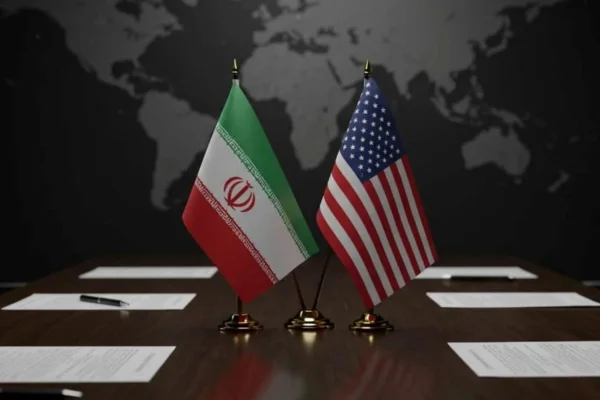


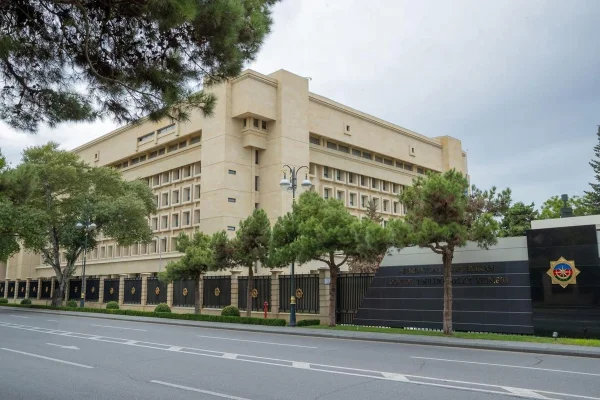





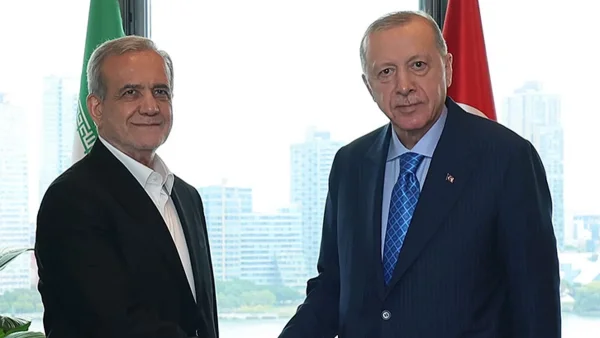
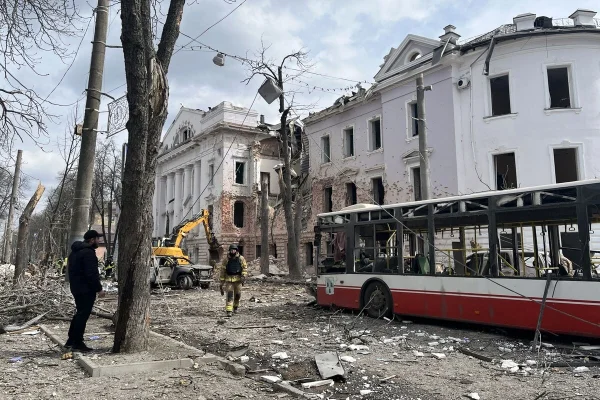
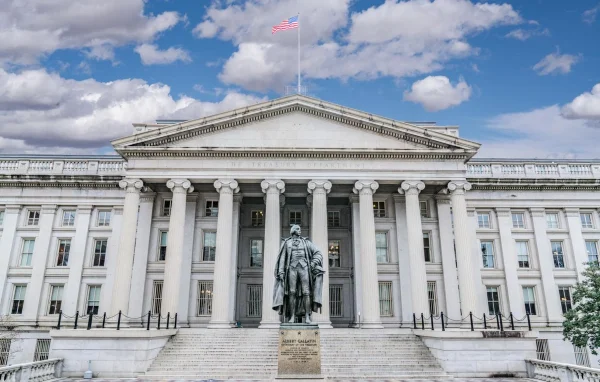
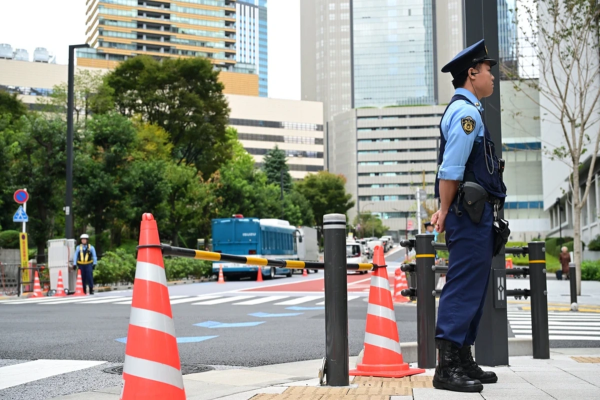
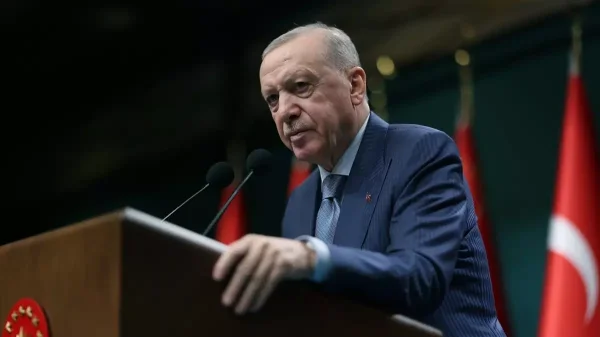
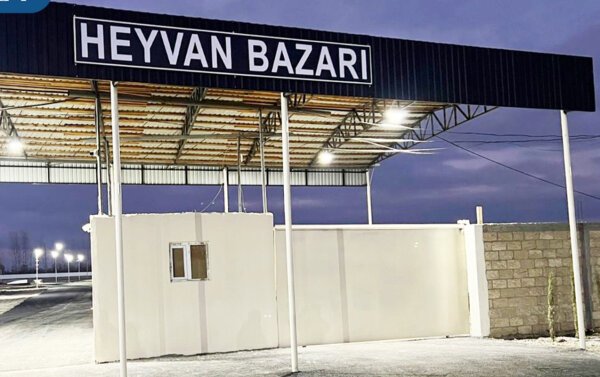

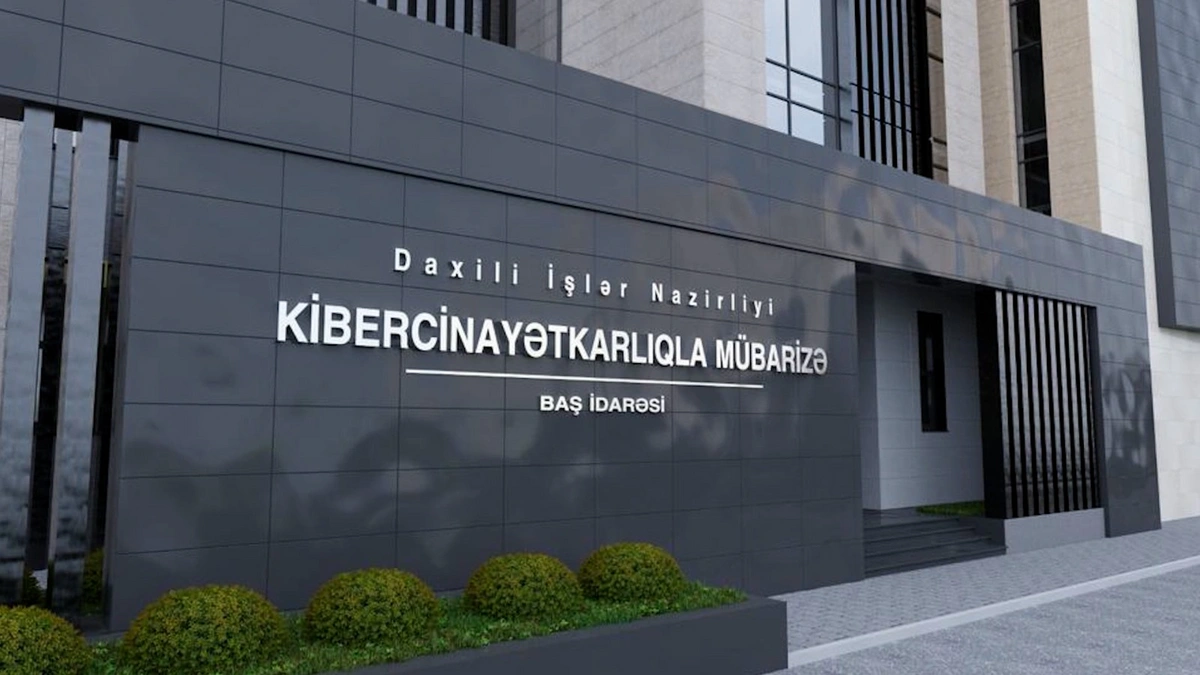


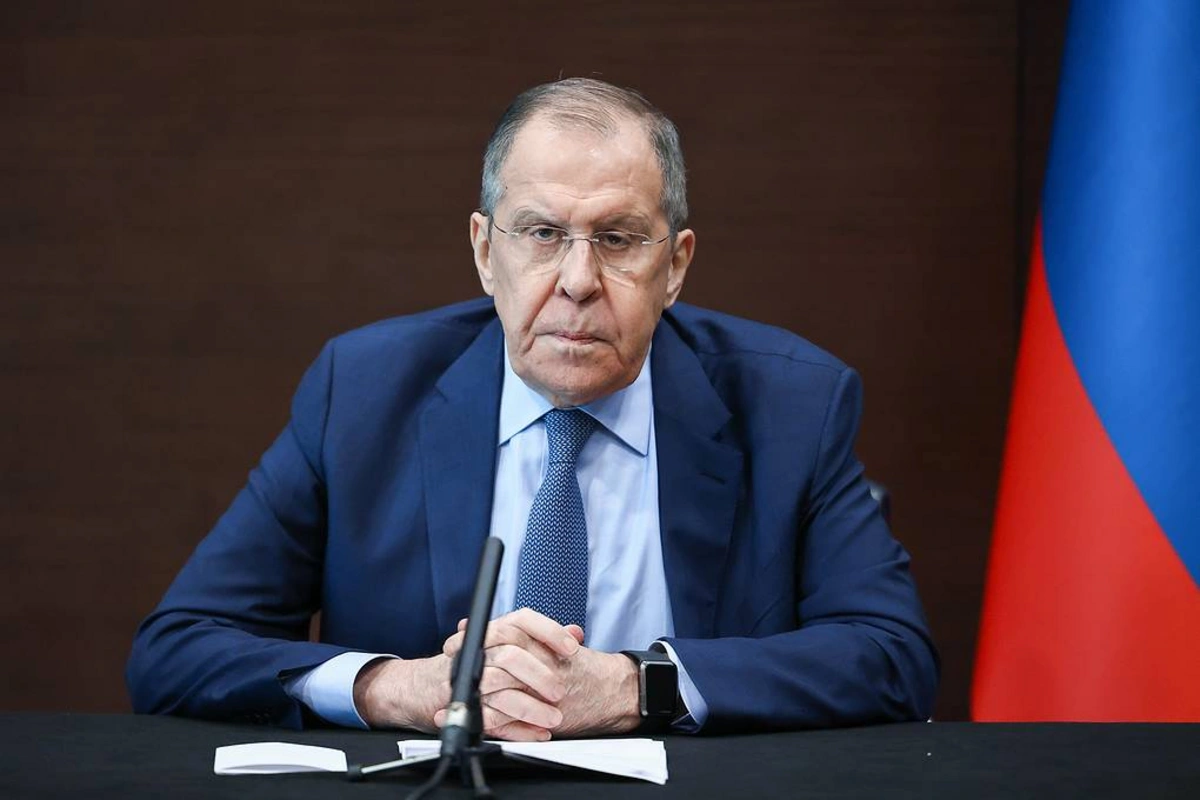
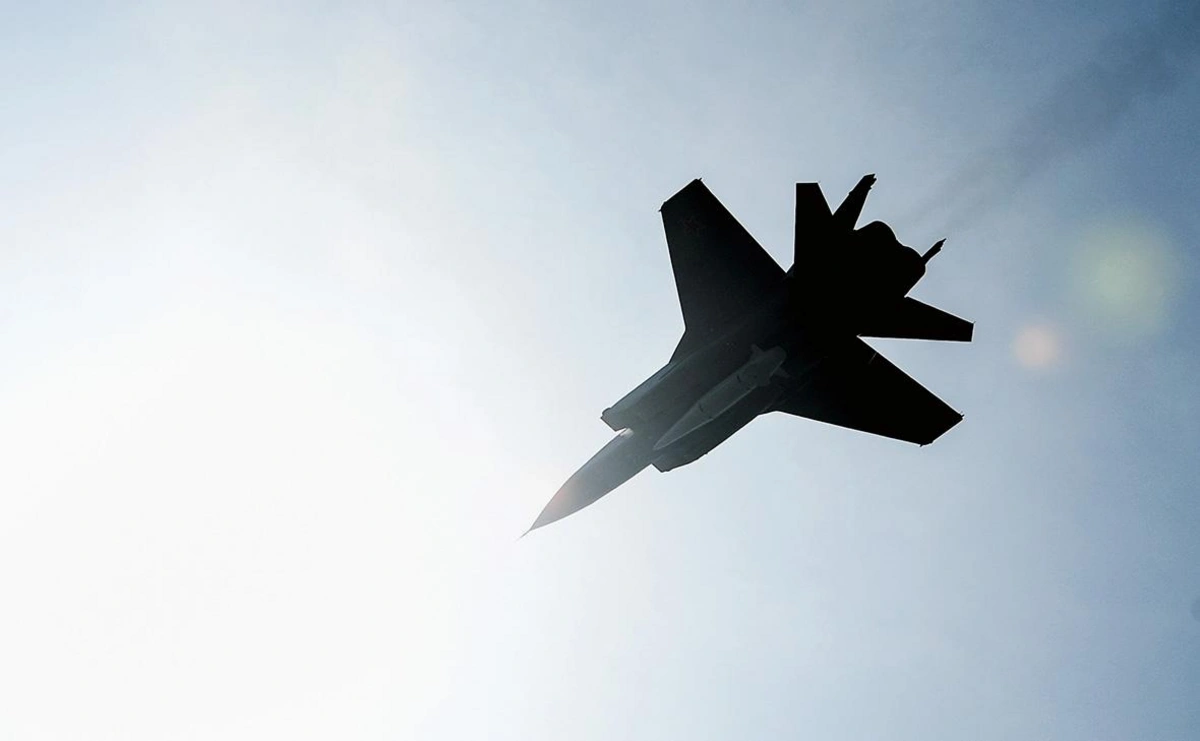




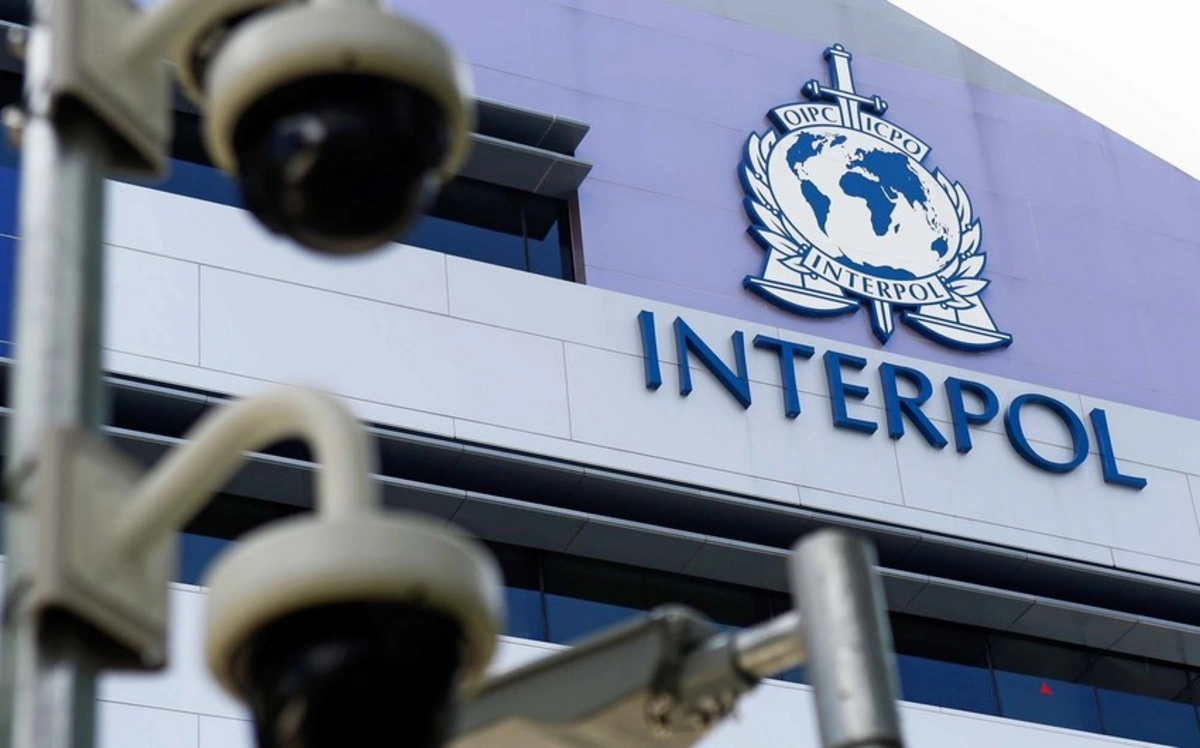

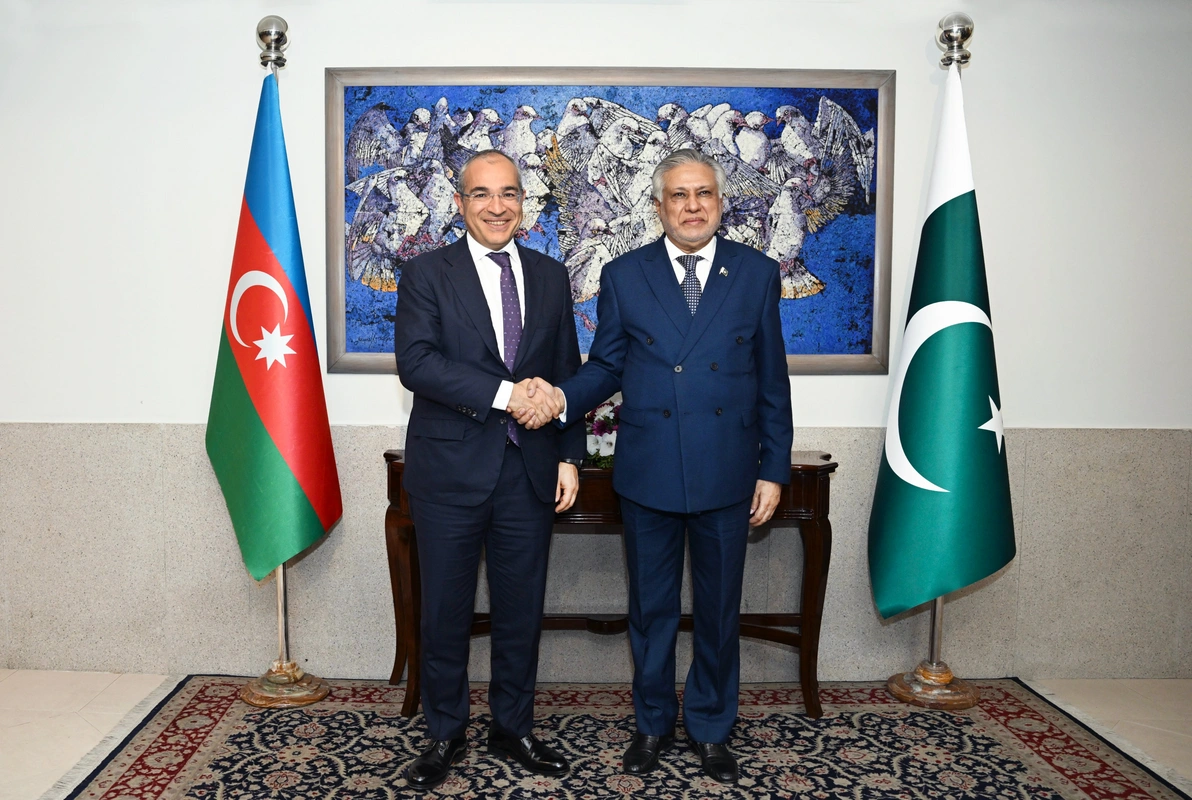






Şərhlər